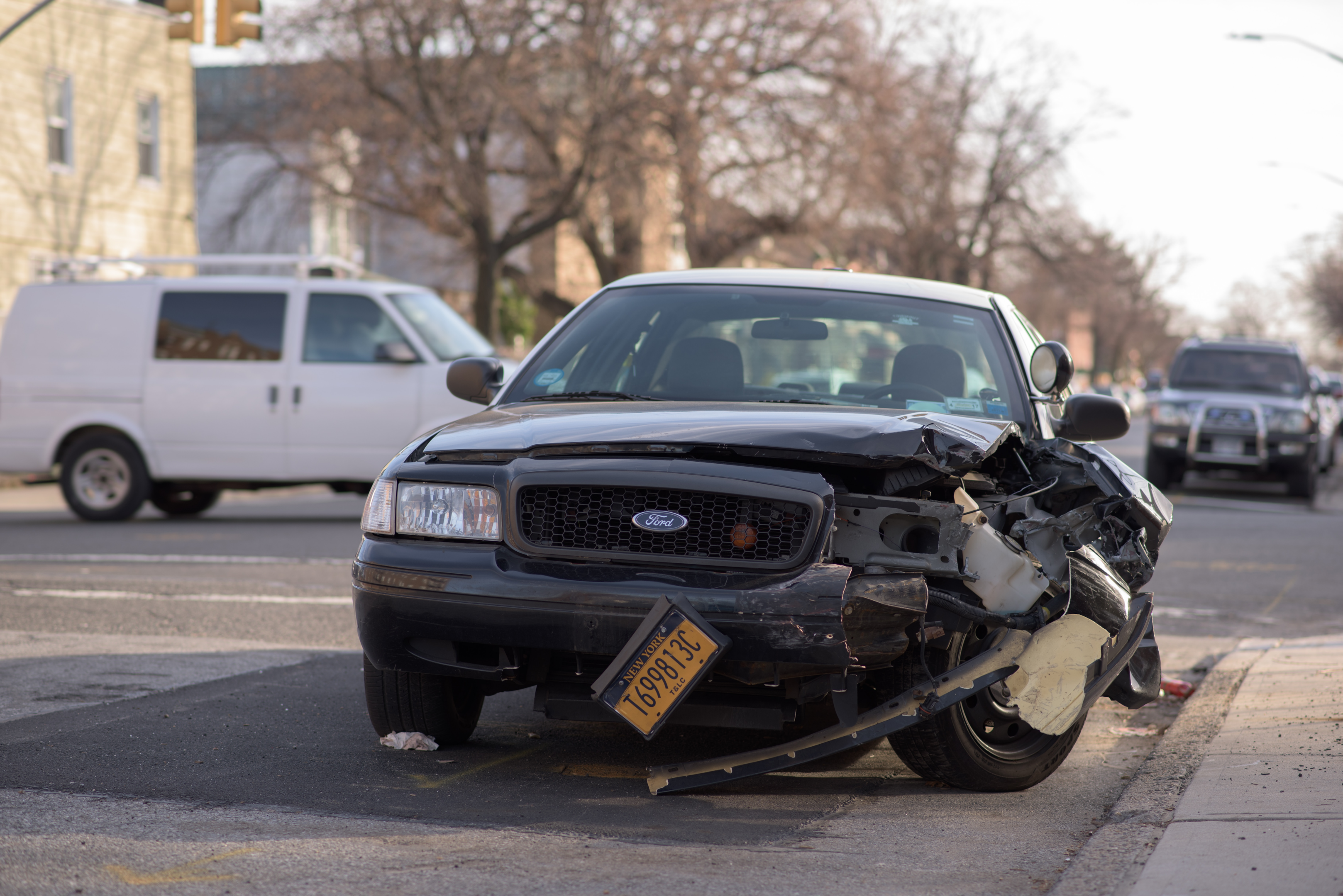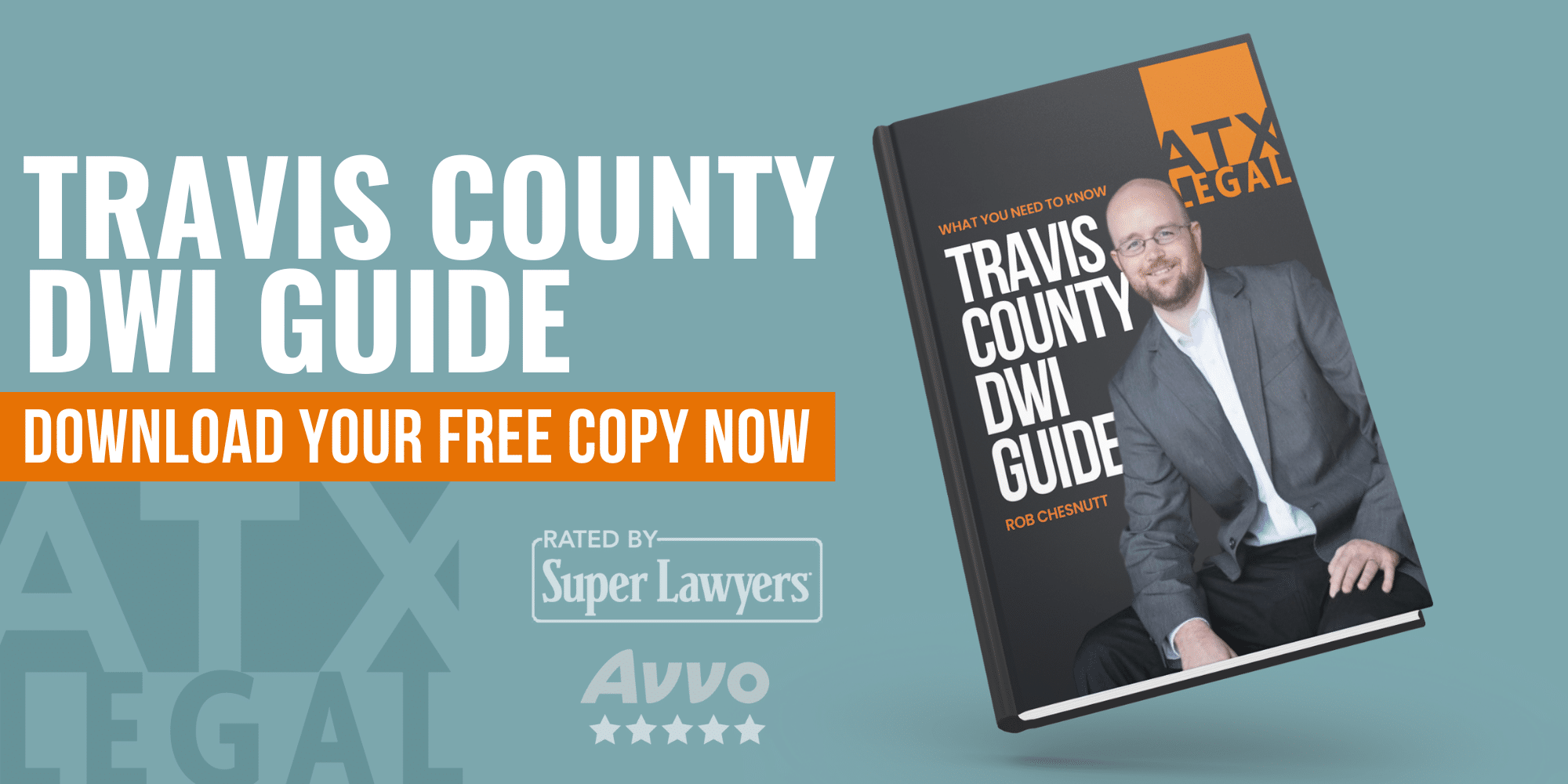Austin FELONY DWI Lawyer
Austin, Tx Felony DWI Attorney
At ATX Legal, we understand the seriousness and complexity of facing DWI felony charges. These DWI charges are far more serious and more difficult to deal with than misdemeanor DWI charges. For this reason, it is important to hire an attorney early in the process. Each case is unique, and we dedicate ourselves to providing personalized, strategic DWI defense solutions tailored to your situation, from issues with bonding and jail release, all the way to trial if necessary. ATX Legal to provide the aggressive DWI defense you need during this challenging time. Check out Part 8 of the DWI Guide for more information on felony DWI.2023 Travis County DWI Guide
Will Prosecutors Charge Me with a Felony or Misdemeanor DWI?
A Texas DWI can be charged as a felony under several conditions:
DWI 3rd or More: If you have been charged with a DWI for the third time or more, you face felony charges. The state of Texas treats repeat offenses very seriously, and you could be looking at substantial fines and significant jail time.
DWI Serious Bodily Injury: A DWI charge can become a felony if it results in serious bodily injury to another person. This is also known as intoxication assault. Prosecutors need to prove that your intoxication was the direct cause of the injury.
Intoxication Manslaughter: If a DWI results in the death of another person, it is considered intoxication manslaughter, a second-degree felony in Texas. The penalties can be severe, including long-term imprisonment.
DWI with Child Passenger: If charged with a DWI in Texas and there was a child under 15 years old in the vehicle, the charges automatically escalate to a state jail felony, even if it’s your first offense.

Jail Release for Felony DWIs
Securing jail release for felony DWIs is a complex process, and is more challenging than for a misdemeanor DWI arrest. This is due to the severity of the crimes associated with felony charges, which usually involve substantial harm, repeated offenses, or endangerment of minors.
Consequently, the judicial system exercises greater caution and scrutiny when assessing bail conditions or release possibilities for those charged with a felony DWI. The court considers several factors, including the defendant’s criminal history, the nature of the offense, and risk to public safety. In some instances, a higher bail amount may be set or release options may be severely limited.
This underscores the necessity for an experienced attorney who can effectively navigate these complexities and advocate for your best interests. If a judge initially denies a Personal Recognizance bond, an attorney, still be able to secure a bond by bring mitigating evidence to the judge.
Texas Felony Multiple Prior DWI Convictions
In Texas, a third or subsequent DWI offense significantly increase the severity of the charges and penalties. If a driver is convicted of DWI for a third time, it is classified as a third-degree felony. This reflects the state’s commitment to deter recurrent offending and protect public safety.
The consequences for a third DWI offense can include a prison sentence ranging from 2 to 10 years, a fine up to $10,000, a license suspension for up to 2 years, and an annual fee for 3 years to retain the driver’s license. Furthermore, the court will order the installation of an ignition interlock device, which prevents the vehicle from starting if alcohol is detected on the driver’s breath.
These are the maximum penalties, and the specific consequences may vary depending on the circumstances of each case. Notably, the look-back period in Texas is lifelong, meaning that any prior DWIs, regardless of how long ago they occurred, will count as prior convictions. Out-of-state DWIs can also be considered prior convictions. Ensuring that you have competent legal representation is critical in these cases.
DWI Involving Serious Injury – Intoxication Assault
DWI (Driving While Intoxicated) incidents that result in serious bodily injury, also known as intoxication assault, carry severe penalties in Texas. This charge is charged as a third-degree felony. It arises when a driver, impaired by alcohol or other substances, causes an accident which results in serious bodily harm to another person, including passengers, pedestrians, other drivers, or even the intoxicated driver themselves.
Serious bodily injury is legally defined as an injury that creates a substantial risk of death or that causes death, serious permanent disfigurement, or protracted loss or impairment of the function of any bodily member or organ. The penalties for intoxication assault may include imprisonment for 2 to 10 years, fines up to $10,000, and a driver’s license suspension ranging from 180 days to 2 years.
Additionally, the court may require community service, participation in alcohol education programs, and the installation of an ignition interlock device. As with all DWI offenses, the specific consequences can depend on the circumstances of the incident and the presence of any prior convictions. Hence, securing experienced legal representation is particularly important in these cases.

DWI Resulting in Death – Intoxication Manslaughter
Intoxication manslaughter, a gravely serious charge in Texas, occurs when a DWI (Driving While Intoxicated) incident results in the death of another person. This includes passengers, pedestrians, other drivers, or even the intoxicated driver themselves. The charge is classified as a second-degree felony, reflecting its severity in the eyes of the law.
Legally, intoxication manslaughter is defined as operating a motor vehicle in a public place, aircraft, watercraft, or amusement ride while intoxicated, resulting in the death of another by accident or mistake. The penalties are severe and can include imprisonment for 2 to 20 years, fines up to $10,000, and a driver’s license suspension for 180 days to 2 years.
The specific consequences can vary, depending upon the circumstances of the incident and any prior convictions. In light of the severe implications of an intoxication manslaughter charge, it is crucial to have highly skilled legal representation.
Texas Felony DWI with a Child Passenger
In Texas, Driving While Intoxicated (DWI) with a minor child in the vehicle is a serious offense. The state law considers a passenger to be a minor if they are under 15 years of age. This offense is considered a state jail felony.
Penalties for a DWI with a child passenger can include a fine of up to $10,000, confinement in a state jail for a duration of 180 days to 2 years, and a loss of driver’s license for 180 days to 2 years. Given the gravity of this charge and its potential consequences, it is vital to have experienced legal counsel for such cases.
Other Consequences of a Felony DWI Charge
Beyond the immediate penalties of jail time and fines, a felony DWI charge carries several additional legal ramifications that can significantly impact an individual’s life. The driver’s license can be suspended or revoked, which can range from 180 days to 2 years, depending on the severity of the offense and the driver’s previous record.
In addition to losing driving privileges, individuals may be required to attend mandatory classes about alcohol and its effects, or participate in drug and alcohol rehabilitation programs. These classes or programs can be time-consuming and may come at a personal cost.
Community service is another potential consequence that courts often impose as part of a felony DWI sentence. The hours required can vary, but they serve as a way for offenders to make amends to their community.
Moreover, the conditions of bond and probation for a felony DWI are typically stringent. They may include regular check-ins with a probation officer, random drug and alcohol testing, and other restrictions on personal freedom. Violating these conditions can lead to additional penalties, including extended probation or even jail time.
The legal ramifications of a felony DWI extend far beyond the immediate penalties of jail time and fines, affecting many aspects of an individual’s life. The severity of these consequences underscores the importance of having experienced legal counsel when facing such charges.
Can a Felony DWI be Reduced?
There are several ways in which a felony DWI can potentially be reduced to a misdemeanor, generally depending on the specifics of the case and the jurisdiction. One approach is through plea bargaining, where the accused might plead guilty to a lesser charge. This is contingent upon the discretion of the prosecutor, who may consider factors such as the offender’s past record, the severity of the offense, and the strength of the evidence.
Another possibility is through a deferment or diversion program. In this scenario, the offender agrees to comply with certain conditions, such as completing a treatment program or observing a period of good behavior. Upon successful completion of these conditions, the charge may be reduced.
It’s also worth noting that legal errors made during the arrest or investigation process can lead to a reduction in charges. For instance, if the arresting officer didn’t follow proper procedures, or if the evidence was obtained illegally, the charges could be reduced or even dismissed.
However, each case is unique and these possibilities do not guarantee a reduction from a felony to a misdemeanor.
Does a Conviction mean I’m a Felon?
Yes, a felony DWI conviction does indeed mean that you are a felon. Being a convicted felon carries with it certain limitations and consequences that extend beyond the legal system.
One significant impact is on employment opportunities. Many employers are hesitant to hire convicted felons, often due to concerns about trustworthiness or reliability.
Another key area affected is housing. Landlords may refuse to rent to individuals with a felony conviction. Even public housing agencies have the right to deny applications based on criminal history.
Convicted felons can also face restrictions on their voting rights, often referred to as felony disenfranchisement. While these laws vary by state, some individuals may lose their voting rights permanently.
Lastly, a felony conviction can limit one’s ability to obtain professional licenses and may also impact the right to own or possess firearms. The societal stigma and personal challenges that come with being a convicted felon can make reintegration into society exceptionally difficult, further underscoring the importance of legal representation when facing felony DWI charges.
What Charges are Included as a Prior Offense?
Generally, any previous DWI conviction, regardless of how old it is, can be considered a prior offense that will count toward a third DWI. This includes out-of-state convictions, as most states, under the Interstate Driver’s License Compact, share information about driving-related convictions with each other. Therefore, a DWI conviction from another state will likely count as a prior offense.
However, charges are different from convictions. If you were charged with a DWI in the past, but that charge did not result in a conviction – either due to dismissal of the case, acquittal, or any other reason – it will not be considered as a prior offense. The key factor that determines a prior offense is a conviction, not just a charge.
Speak with an Experienced Austin DWI Lawyer
If you find yourself facing felony DWI charges, securing DWI defense from an experienced lawyer is paramount. They can negotiate with prosecutors, possibly reducing the severity of your charges and diminishing the life-altering consequences of a felony DWI conviction. Legal representation can be the difference between a harsh sentence and a more favorable outcome.
To receive professional legal advice from ATX Legal, you can reach out in one of the following ways:
Fill out the contact form available on our website.
Text “consult” to 512-677-5003. Our team will promptly respond to provide consultation or set up an appointment at a suitable time.
At ATX Legal, we prioritize your rights and interests, providing the legal support you need during this challenging time.

Questions? We Can Help
DWI Defense
Understanding Criminal Mischief in Texas
July 24, 2024Understanding the Laws and Penalties of Criminal Mischief Texas The word “mischief” sounds almost whimsical. You might think it is usually associated with kids being kids, and is mostly harmless. However, in Texas, criminal mischief is still charged. It is...
What is a Motion to Adjudicate Guilt?
July 7, 2024Understanding the Consequences of a Motion to Adjudicate Guilt If you are facing a motion to adjudicate guilt, you’re probably very anxious about the outcome. The prosecutor has already decided that you have violated the terms of your deferred adjudication...
Understanding the Legal Definition of Domestic Assault
July 2, 2024What Is Domestic Assault: Understanding the Definition and Consequences In Texas, domestic violence can be charged as a misdemeanor or a felony. These charges are unfortunately very common, but they should always be taken very seriously, whether at the misdemeanor...
DWI Information for Texas
June 24, 2024A Guide to DWI Information Texas: Penalties, Laws, and More If you’re facing a DWI case in Texas, especially if it is for a first DWI offense, you may be scouring the internet for information. This blog has some of...
Understanding Aggravated Assault
June 22, 2024Understanding Agg Assault: What You Need to Know Aggravated Assault is a very serious charge because it elevates a crime from a misdemeanor to a felony. Felony aggravated assault is treated much differently than its misdemeanor counterpart. While misdemeanor assault...
Understanding UUMV Charges in Texas
June 18, 2024Understanding the UUMV Charge: Texas Penal Code Explained Unauthorized use of a vehicle in Texas is often charged when law enforcement believes a vehicle to be stolen, but there is not sufficient evidence to prove all the elements of theft....










